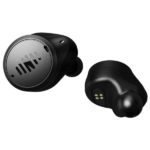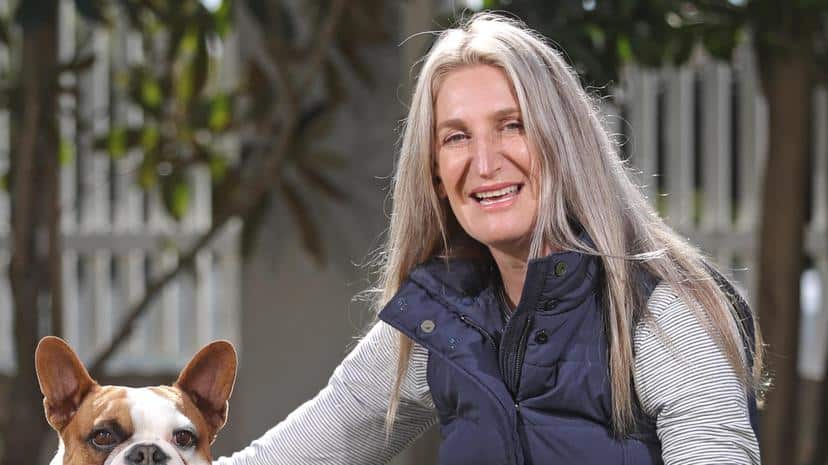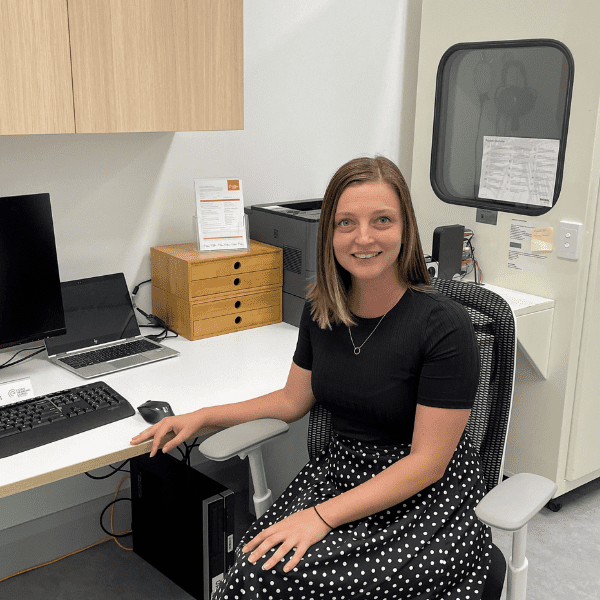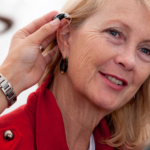Age-related hearing loss (ARHL), also referred to as presbycusis, is a prevalent condition that significantly impacts individuals as they grow older. With hearing loss being the third most common disability, following arthritis, this highlights the importance of understanding its impact and developing effective prevention strategies (GBD 2019 Hearing Loss Collaborators, 2021). Preventing age-related hearing loss is a challenging endeavour due to the multitude of unknown causes and factors involved.
One crucial aspect of an individual’s hearing loss due to ageing is their genetic predisposition and history of harmful auditory exposures throughout their lifespan. Therefore, the primary approach to preventing ARHL lies in minimising ototraumatic exposures throughout an individual’s life (Bielefeld et al. 2010). Ototraumatic exposures include overexposure to loud noise and sounds, exposure to chemicals that damage the inner ear, and physical trauma such as blasts or blows to the head.
Given the impact of age-related hearing loss on quality of life and overall well-being, it is imperative to prioritise research efforts to better understand the condition and develop effective preventive measures. By gaining a deeper understanding of the underlying causes and risk factors, implementing targeted interventions and education programs to mitigate the progression of age-related hearing loss is much more achievable. Two of the more promising prospects are the use of stem cells to regrow the hair cells in the inner ear, and working with the genetics of conditions like Usher syndrome to prevent the death of hair cells with Usher gene therapy.
However, in this article, we will consider the role of nutrition and diet in hearing health.
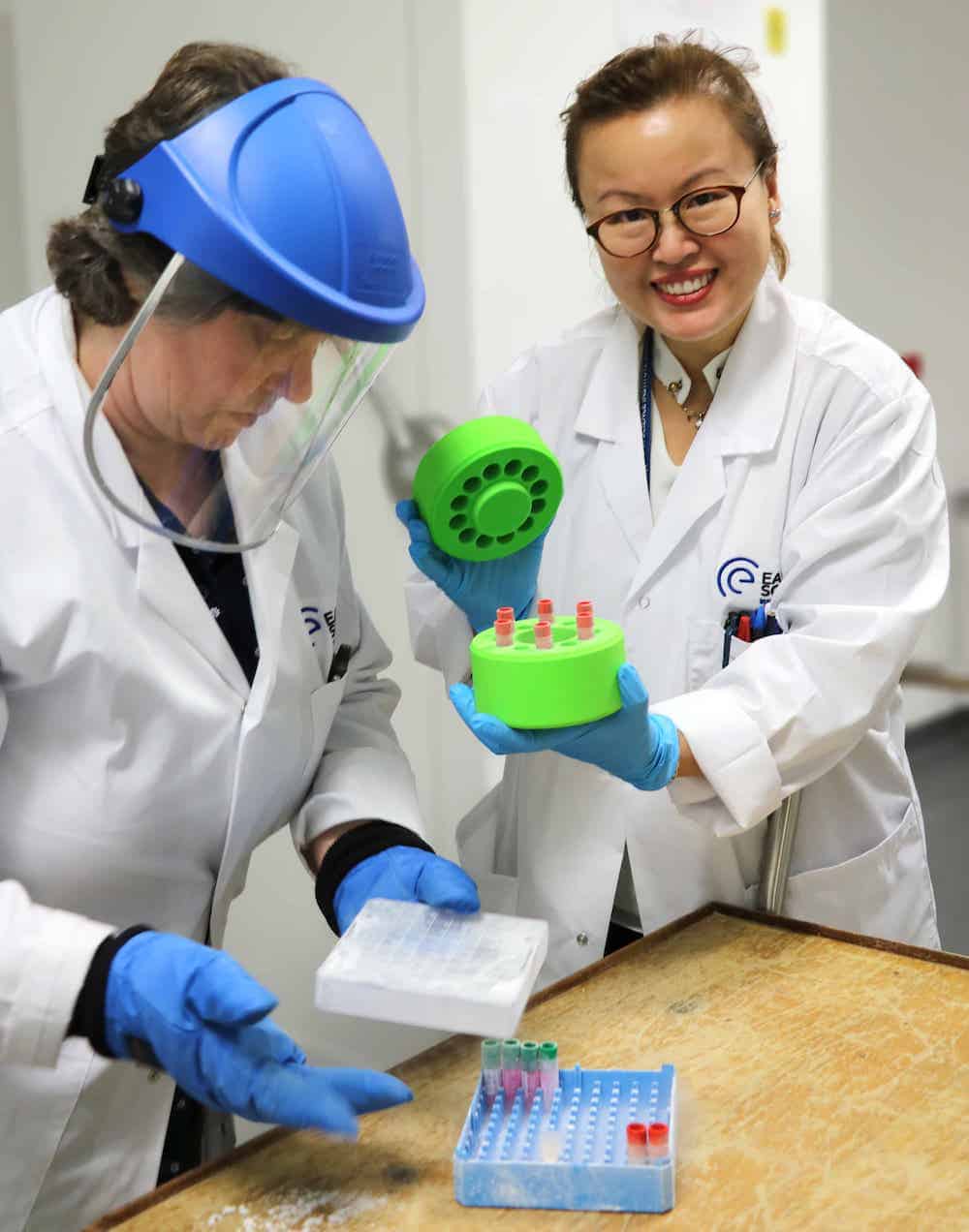
Nutrition as a Prevention Tool for Age-Related Hearing Loss
Background noise poses a significant challenge for individuals with hearing loss. Noise reduction technologies address this challenge by employing advanced algorithms and processing techniques to identify and suppress unwanted noise. These technologies improve speech intelligibility by reducing the interference of background noise, leading to enhanced listening comfort and reduced fatigue in noisy environments. Moreover, noise reduction technologies contribute to increased clarity of speech signals, making conversations easier to follow and improving the overall sound quality for users (Wu et al. 2021).
Proper nutrition plays a crucial role in healthy ageing and can be the easiest and most effective preventive measure to maintain good overall health. Some research on several key nutritional elements has shown promising results in preserving hearing health.

Omega-3 fatty acids and fish oil have also garnered attention for their potential benefits in hearing health. A 2010 study by Gopinath et al. (2010) suggests that regular consumption of omega-3 fatty acids and fish is associated with a reduced risk of age-related hearing loss. These essential fatty acids possess anti-inflammatory properties and support overall vascular health, which can positively impact the auditory system.
The gut microbiome (the bacteria in our gut) and its relation to hearing is an exciting area of research (Denton et al. 2022). Our gastrointestinal tract is responsible for many things, including fueling our body using the nutrients that we ingest and protecting us from dangerous organisms. When the normal status is disrupted, with short or long-term problems e.g. celiac disease, or irritable bowel syndrome, then the human body may be prone to inflammation, which can have implications for the rest of the body, including hearing.
At Ear Science, we are using the rich dataset of the Busselton Healthy Ageing Study to examine the link between diet and hearing. Under investigation will be whether adherence to a Mediterranean diet, or to the Australian dietary guidelines, is associated with ear and hearing health.
In summary
While hearing loss due to old age can be challenging to prevent, much research has been done to offer valuable insights into potential preventive strategies. Nutrition, including antioxidants, omega-3 fatty acids, and having a healthy microbiome emerge as promising avenues for prevention.
However, paying attention to our diet may be more appropriate, as having a healthy diet is likely to be more effective for maintaining good overall health than a regime of supplements (National Institutes for Health. 2013).
Much more research is required. By prioritising research and implementing preventive measures, we can strive to mitigate the impact of age-related hearing loss, promoting better hearing health and quality of life for individuals as they age.
For more information on hearing loss research and staying healthy contact one of our experienced audiologists today!
Book a hearing assessment with Lions Hearing Clinic today
References:
Bielefeld EC, Tanaka C, Chen GD, Henderson D. Age-related hearing loss: is it a preventable condition? Hear Res. 264(1-2):98-107; 2010. DOI. 10.1016/j.heares.2009.09.001
Bigman G. Deficiency in vitamin D is associated with bilateral hearing impairment and bilateral sensorineural hearing loss in older adults. Nutrition Research. 105:1-10; 2022. DOI: 10.1016/j.nutres.2022.05.008
Denton AJ, Godur DA, Mittal J, Bencie NB, Mittal R, Eshraghi AA. Recent Advancements in Understanding the Gut Microbiome and the Inner Ear Axis. Otolaryngologic Clinics of North America. 55(5):1125-1137; 2022. DOI: 10.1016/j.otc.2022.07.002
GBD 2019 Hearing Loss Collaborators. Hearing loss prevalence and years lived with disability, 1990-2019: findings from the Global Burden of Disease Study 2019. Lancet. 397(10278):996-1009; 2021. doi: 10.1016/S0140-6736(21)00516-X.
Gopinath B, Flood VM. Rochtchina E, McMahaon CM, Mitchell P. Consumption of omega-3 fatty acids and fish and risk of age-related hearing loss. The American Journal of Clinical Nutrition. 92(2):416-421; 2010. DOI. doi.org/10.3945/ajcn.2010.29370
National Institutes of Health. Should You Take Dietary Supplements? A Look at Vitamins, Minerals, Botanicals and More. August 2013. https://newsinhealth.nih.gov/2013/08/should-you-take-dietary-supplements
Seidman MD, Ahmad N, Joshi D, Seidman J, Thawani S, Quirk WS. Age-related hearing loss and its association with reactive oxygen species and mitochondrial DNA damage. Acta Otolaryngol Suppl. 552:16-24; 2004. DOI. 10.1080/03655230410017823.

